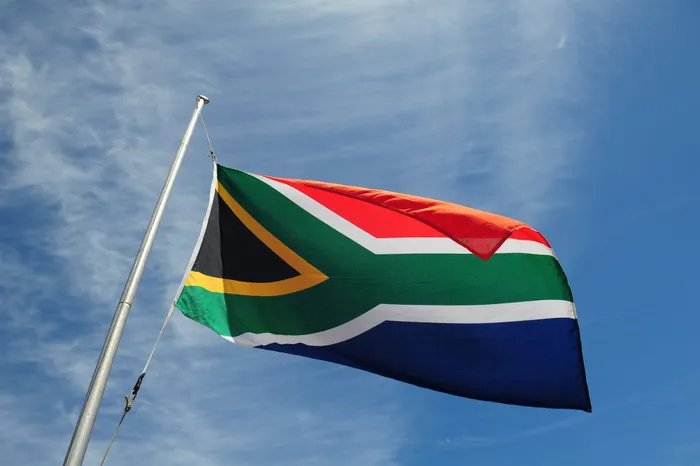South Africa not a failed state, say market commentators

South Africa remains economically and institutionally intact, despite persistent service delivery issues and declining public trust in parts of the state.
Image: Picture: Henk Kruger/ Independent Newspapers
South Africa remains economically and institutionally intact, despite persistent service delivery issues and declining public trust in parts of the state.
According to Old Mutual chief economist Johann Els, the country does not meet the definition of a failed state when assessed against key economic indicators, institutional strength, and its continued ability to attract foreign investment. “We’re moving in the right direction,” Els stated.
Yet, the 2024 Edelman Trust Barometer found that only 22% of South Africans trust government institutions to do what is right, while a 2023 Afrobarometer survey showed that 70% of respondents expressed low trust in Parliament.
Despite this, South Africa recorded R11.7 billion in direct investment inflows in the first quarter of 2025, a 56% increase, according to the South African Reserve Bank. Els attributes the country’s resilience to strong legal and regulatory systems, a stable constitution, and a political environment that, while volatile, has allowed for peaceful transitions of power.
Els said South Africa compares favourably with peer emerging markets such as Argentina, Brazil, Mexico, Turkey, Russia, India, and China. While corruption remains a significant issue, he notes that South Africa performs better than several of these countries and remains well ahead of states such as Zimbabwe and Russia. Although it does not rank among the top performers like Mauritius, South Africa’s institutional foundations remain intact.
The 2025 IMD World Competitiveness Yearbook ranked South Africa 58th out of 67 economies. While this was a decline from the previous year, the country still scored relatively well on institutional strength, legal frameworks, and public finance - key components that underpin economic stability.
Els said that although there are widespread failures in parts of the state, such as in municipalities, state-owned enterprises, and some national departments, this does not constitute overall state failure. Issues such as water and electricity supply interruptions, potholes, and other service delivery breakdowns are symptoms of dysfunction in parts of the state, not the collapse of the state itself.
Els added that political developments have had a direct impact on investor sentiment. The formation of a Government of National Unity (GNU) in June 2024 eased investment concerns, increasing confidence that the state would be able to implement economic policy. While some uncertainty returned earlier this year due to budget-related issues and questions about the sustainability of the GNU, Els says overall political risk has moderated.
Political analyst and author Prince Mashele also maintains that South Africa is not a failed or failing state. He says a key marker of state failure is a refusal by ruling parties to accept electoral defeat or their use of violence to remain in office, dynamics that are not present in South Africa. He argues that the ANC’s willingness to enter into a GNU following the 2024 national elections demonstrates political maturity and an adherence to constitutional processes.
“The ANC is not resisting... The ANC is not destabilising the country politically,” said Mashele.
Mashele adds that the ANC is being “processed out of power”, a trend he says has so far been peaceful. He warns, however, that ANC deployees in government are intensifying corruption as individuals prioritise personal gain in anticipation of losing political power.
The GNU as a coalition of political opponents, rather than aligned partners, said Mashele. The ANC and DA, as the two largest parties in the arrangement, are not pulling in the same direction, and Mashele said both parties view participation as a strategic opportunity to weaken the other. He noted that while there has been no agreed policy platform or joint strategy meeting since the GNU was formed, the arrangement is likely to continue because both parties want to avoid being blamed for its collapse.
Looking ahead, Mashele predicts a further decline in ANC dominance, particularly in urban metros such as Johannesburg, where he expects the DA to grow its support in the 2026 local government elections. He also anticipates that the GNU will endure until at least 2027, when the ANC holds its next elective conference. At that point, Mashele said internal party dynamics could lead to the GNU’s collapse, especially if a new ANC leadership emerges on an anti-Ramaphosa and anti-coalition platform.
Despite internal tensions and a lack of unified policy direction, Mashele says the GNU's continued existence creates space for the private sector to function under a relatively stable government. He notes that, while the arrangement is weak, it is not expected to collapse in the short term.
IOL
Related Topics: